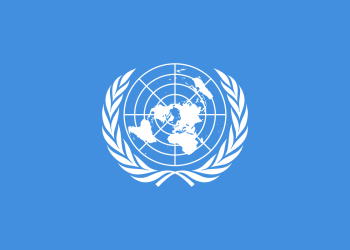By Sami Zaptia
Tripoli, 10 December 2013:
At the Tripoli Chamber of Commerce organized conference on the “Shadow Economy – Phenomenon, effects and . . .[restrict]solutions” held at the Radisson hotel, Tripoli on Monday, Economy Minister Mustafa Abufunas made some interesting new revelations on his government’s proposed reform laws.
Responding to comments, questions and some criticisms on subsidies at the conference, the Economy Minister agreed that the current system of subsidies were harmful. He confirmed that his Ministry had carried out wide studies of subsidy reform, including work with the IMF, World Bank and FAO, as well as looking at the experiences of neighbouring states.
The Minister said that a proposed subsidy reform law substituting goods subsides for cash subsidies is with the GNC. Abufunas felt that armed with the new National ID Number, the state would probably be in a better position to enforce a direct cash instead of goods subsidy reform plan.
The cash subsidy plan would reduce corruption, contraband, smuggling, as well as reducing the role of and load on the state. The reform would also give businesses the opportunity to operate in the subsidized sectors without the warping effect of the state subsidies, he explained.
Specifically on fuel and electricity subsidies, the Minister admitted that it would be difficult to remove fuel subsidies totally or in one move. It was therefore decided to remove them over 30 months and in three stages. The fuel subsidies were particularly sensitive he felt in view of the fact that it was used widely by the general public and business to transport goods and because Libya had no public transport systems.
On electricity subsidies, the Economy Minister said that it was decided to postpone ending subsidies as it was felt that the state is unable to implement these and that unlike fuel or goods, electricity is not easily smuggled out of the country.
It will be recalled that when the General National Congress (GNC) passed the LD 66.86 billion 2013 budget in March, it had stipulated in it that the government put forward to the GNC a proposed reform plan for subsidies by the end of June. The government had succeeded in meeting this deadline.
Subsidies constitute LD 10.6 billion or 15.9 percent of the total budget of 2013, which the IMF says is one of the highest as a proportion of GDP in the world. [/restrict]






